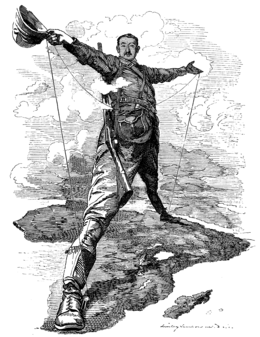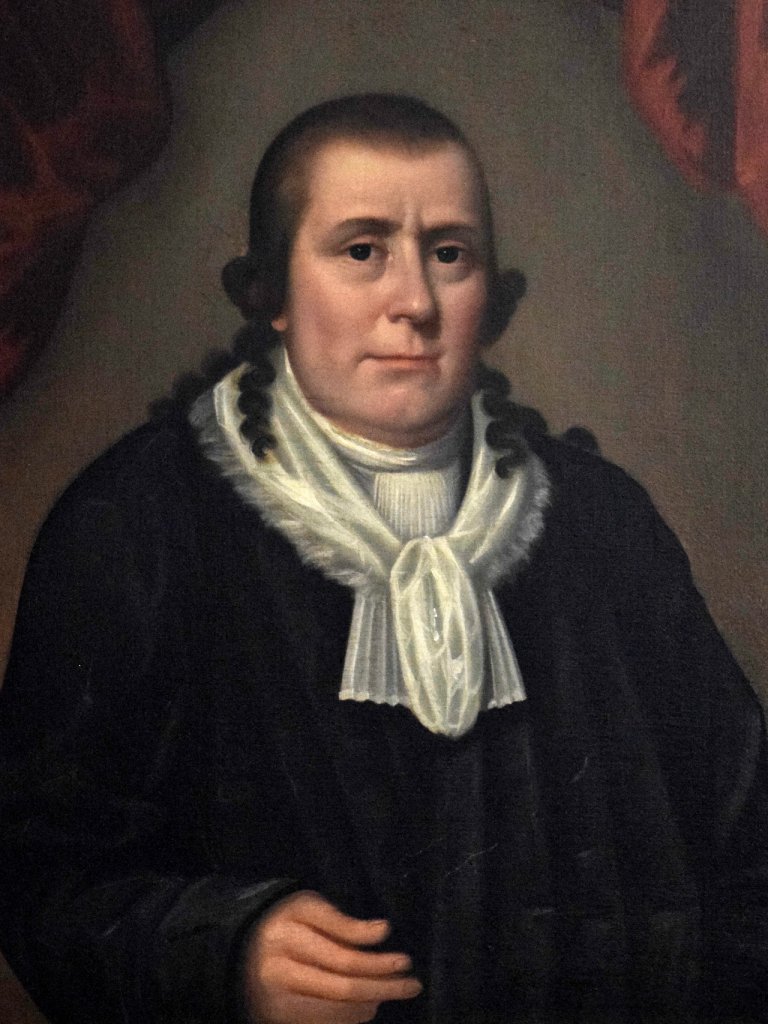Lincoln spent the first two years of his presidency plotting to deport all Black people out of the U.S. Political support for "colonization" evaporated #OTD when the all-Black 54th Massachusetts Infantry Regiment fought the Second Battle of Fort Wagner near Charleston. A 🧵 1/ 

Before the Civil War, most *anti-slavery* White Americans hardly supported the abolitionist movement for immediate emancipation. Most were like Lincoln, supporting the colonization movement that advocated for gradual emancipation and shipping out emancipated Black people. 2/ 

Racist White northerners feared freed Black people heading north, invading White communities and becoming “roaming, vicious vagabonds,” as Chicago Tribune put it on 1861. When the Civil War came, antiracist talk of emancipation invariably led to racist talk of colonization. 3/ 

So, in 1862, Republican Congressmen made sure to set aside $600,000 (about $18 million today) to deport African Americans from the United States. Colonization designs were also behind the Lincoln administration’s opening up diplomatic relations with Haiti and Liberia in 1862. 4/ 

Most African Americans opposed colonization (with the exception of those who believed U.S. racism was permanent, or who developed an early Pan-Africanism, or who admired revolutionary Haiti, or who wanted to Christianize “backward” Africans). 5/ 

With African Americans refusing to depart the nation of their birth, Lincoln welcomed five Black men to the President’s House on August 14, 1862, to press his case. Lincoln blamed the presence of Black people for the war, saying all would be well if Black people left. 6/ 

Black people refusing to leave the U.S. would be “extremely selfish,” Lincoln said.
The meeting showed Lincoln’s “contempt for Negroes,” Frederick Douglass said. It was Black people's "being free" that made "their presence here intolerable," William Lloyd Garrison said. 7/
The meeting showed Lincoln’s “contempt for Negroes,” Frederick Douglass said. It was Black people's "being free" that made "their presence here intolerable," William Lloyd Garrison said. 7/

In his Message to Congress on December 1, 1862, Lincoln offered Confederates a plan for gradual, compensated emancipation and colonization if they laid down their arms. Confederates refused. 8/ 

So Lincoln signed the Emancipation Proclamation on Jan. 1, 1863 "as a fit and necessary war measure," authorizing Black people to join the Union Army. Then, MA Gov. John Andrew, John Brown's lawyer after the raid, ordered the 54th Massachusetts Infantry Regiment to be created. 9/ 

News of the 54th's creation spread quickly, and Black men from across the U.S. flocked to join. Most were from northern states, although some had escaped from southern slavery, or were born in Canada and the Caribbean. The regiment was led by White officers. 10/ 

In July, after the victories at Gettysburg and Vicksburg, the Union decided to take Fort Wagner in Charleston Harbor. Access to the harbor was an essential step in retaking the citadel of the enslavers: Charleston, SC. 11/ 

Fighting for the first time alongside White soldiers, the 54th and its White commander Robert Gould Shaw led the Union forces in the charge. The 54th fought valiantly as depicted in the film, Glory, but couldn't take the fort. Nearly half were killed, captured, or wounded. 12/ 

The stories of this battle—of Black soldiers fearlessly sprinting through a hail of bullets and bombs toward “maddened” Confederates, of the U.S. flag being picked up when its bearer fell—shot through the North and captivated supporters of the Union. 13/ 

Catholic publicist Orestes A. Brownson advised Lincoln on colonization. After Fort Wagner, he wrote the “negro, having shed his blood in defence of the country, has the right to regard it as his country. . deportation or forced colonization is henceforth out of the question." 14/ 

Lincoln had to admit that colonization had failed, while Chicago Tribune wrote about “The End of Colonization.” But as Black Americans know today, chants of "go back to Africa" did not end in 1863. Racism did not end. 15/ 

What didn't end was the racist idea that Black people had to prove they were Americans. Or even the historical ignorance: Black people shed their blood in every war since the founding of the U.S., and on mercilessly violent plantations accumulating the wealth of the U.S. 16/ 

This has always been the cruel paradox of Black military service going all the way back to Second Battle on Fort Wagner led by the 54th on this day in 1863. The notion that Black people had to die for the United States to live in the United States. 17/17 

• • •
Missing some Tweet in this thread? You can try to
force a refresh

 Read on Twitter
Read on Twitter










